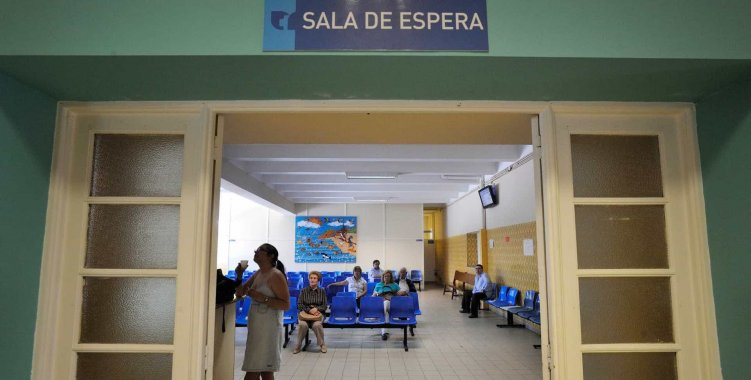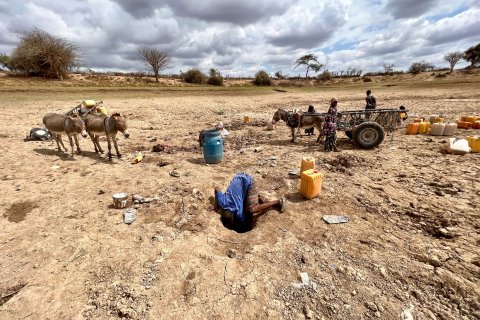The announcement was made by the Minister of State for the Social Area, Carolina Cerqueira, and by the Minister of Health, Sílvia Lutucuta, at a press conference in Luanda.
According to Carolina Cerqueira, the decision was taken within the scope of alignment of priorities in terms of assistance and considering the investment made in the health area, as well as the impact of the pandemic on public accounts, which made it "urgent" to cut the process that was "adulterated", with citizens who moved to Portugal, where they remained "years and years at the expense of the public purse", when they were already discharged.
The official also stated that the health council has benefited a segment of the population already privileged and that many of the pathologies that were being treated in Portugal can now be resolved in Angola.
After a study, the Government "decided to remedy the worrying situation of the health board in Portugal and registered all patients", redefining the new models in which "exceptional care for cases that cannot be treated in the country should work" "and must respect the principle of equality.
Carolina Cerqueira revealed that most patients have already been registered and overdue allowances have been regularized, and the return of discharged patients has started.
As for those who did not want to return to the country, despite being discharged, they remained on their own in Portugal, leaving the connection to the Angolan state "deactivated," said the minister, criticizing the "demonstrations that tried to denigrate the country's image".
The Minister of Health, Sílvia Lutucuta, said that the national health board began to function shortly after independence, when assistance was difficult and Angola started cooperation with Portugal and other countries.
"Many of these sectors have been closed for several years and, in relation to Portugal, this is not the first time that we have to take this closure measure," said Lutucuta, indicating that the sector was closed in 1984, refounded and reopened in 1990.
Since that time, she added, 9360 patients and 5250 companions have been treated together, "an incalculable investment with an average annual expenditure of over 6 million euros".
385 people met in Portugal (245 patients and 108 companions) in Portugal, with around 50 returning since October.
"Some are still reluctant and do not want to return, but they are already discharged", stressed Sílvia Lutucuta, urging these "compatriots not to be a burden to the Portuguese health system that is already overburdened".
"Some are at risk of illness [in view of the covid-19] so it is best to return," appealed the minister, adding that 184 Angolans were still in Portugal and ensuring that no one was discharged "without criteria".
The audit work was done by a multidisciplinary team that was in Portugal for almost two months and discussed the cases individually with the patients.
"Those who have accepted the return have already returned, those who have not accepted are already discharged, but they are in Portugal at their own risk because the sector will close and this measure will come into force in February", said the person in charge of Health.
As for those on the waiting list, they will be treated in Angola.
The minister stressed that there was a misuse by some patients of the opportunity given to them.
"They took advantage of emigration, stayed several years in Portugal, some more than 20 and 30 years", he criticized, saying that "many of them used pressure mechanisms to stay longer", in order to obtain residence and Portuguese nationality.
About 18 percent had access to Portuguese nationality and now have free assistance from the National Health Service in Portugal, she revealed.
Sílvia Lutucuta also said that the Government decided to pay all debts with patients and providers "that dragged on", estimating the total amount at seven million euros, of which "a good part is already paid".
According to the minister, the board will be refounded, defining other access criteria, taking into account the investment that was made in the country to improve the provision of medical services.
Angola had only two health boards at this time, in Portugal and in South Africa.







